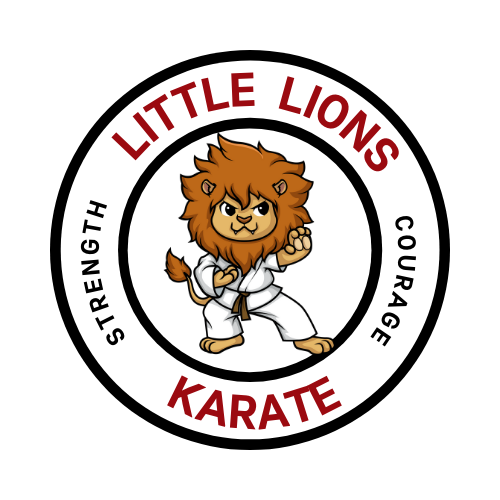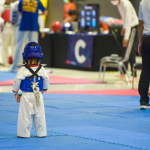When it comes to self-defense, selecting the appropriate martial art can be challenging. With many styles, one often wonders which martial arts style is the most effective. In this article, we will explore the effectiveness of karate as a martial art for self-defense, delving into its key attributes and practical applications.
Karate is a widely recognised martial art that has gained popularity worldwide. Many wonder if karate is the most effective martial arts learning style. While there are various factors to consider, such as personal preference, training, and the specific situation, karate can be a highly effective martial art.
The Power of Karate’s Strikes:
One of the defining features of karate is its emphasis on striking techniques. Karate practitioners learn to deliver powerful punches, kicks, knee strikes, and elbow strikes with precision and speed. Intense training in striking techniques enables individuals to effectively incapacitate an attacker and create an opportunity to escape dangerous situations. The combination of strength, technique, and focus allows karate practitioners to deliver devastating blows when necessary.
Physical Conditioning and Fitness:
Karate training is not only about striking; it also involves rigorous physical conditioning. Practitioners engage in exercises that improve strength, flexibility, and overall fitness. This physical preparation is vital for self-defense, enabling individuals to respond quickly and assertively during confrontations. By enhancing their physical abilities, karate practitioners gain an advantage in agility, stamina, and power.
Self-Defense Techniques and Strategies:
Karate places a significant emphasis on techniques and strategies. Practitioners learn to anticipate and react to attacks, including grabs, chokes, and strikes. They train extensively to defend against multiple assailants and develop the ability to assess their surroundings for potential threats quickly. Through consistent practice, karate practitioners acquire the necessary skills to effectively protect themselves and neutralise potential dangers.
Situational Awareness:
A critical aspect is situational awareness; karate training helps develop this skill. Practitioners are taught to be aware of their surroundings, identify potential dangers, and make quick decisions. By honing their situational awareness, karate practitioners can proactively avoid confrontations and potentially dangerous situations. This awareness allows them to remain calm and composed, ensuring a more effective response to threats.
Discipline and Respect:
One of the core tenets of karate is discipline and respect. Karate training instils humility, self-control, and respect for oneself and others. These values play a crucial role in self-defense, as they help individuals maintain composure in stressful situations, avoid unnecessary conflicts, and make rational decisions when faced with threats. The disciplined mindset acquired through karate training contributes to the overall effectiveness of techniques.
The Caveats and Realities:
While karate possesses numerous advantages, it is important to recognise that no martial art is universally superior in all scenarios. Factors such as the size and strength of an attacker, the environment, and the practitioner’s physical attributes can influence the effectiveness of techniques. Moreover, it extends beyond physical techniques and encompasses de-escalation strategies and conflict-resolution skills.
Conclusion:
Karate, focusing on striking techniques, physical conditioning, strategies, situational awareness, discipline, and respect, can be a highly effective martial art for self-defense. However, it is crucial to remember that self-defense is a multifaceted concept that requires a holistic approach—no single martial art guarantees complete invincibility. Ultimately, the effectiveness of any technique relies on the individual’s training, adaptability, and ability to assess and respond to each unique situation.









